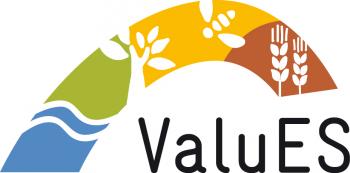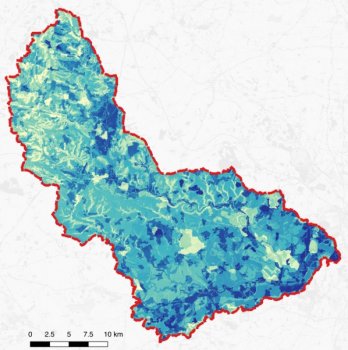GIZ ValuES - Intact ecosystems are robust water infrastructure, Mongolia
Submitted by GIZ ValuES Project on 5 April 2017This case illustrates how ecosystem service assessments can help to catalyse changes in conservation and development policy and management practice − but are rarely the sole factor. In the Upper Tuul example, the intention was to “make the case” for a higher policy and budgetary priority to be accorded to the UpperTuul ecosystem.


